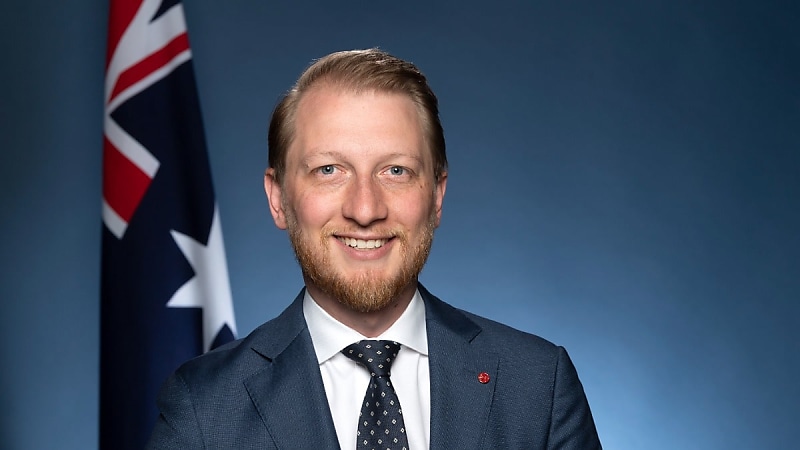Coalition gearing up for fight over Div 296 tax: shadow minister
The new-look Coalition has “got an urgent task” to hold the government to account for its fiscal failure and the cost that all Australians are going to bear as a result, the new shadow finance minister says.
Speaking on Sky News on Thursday morning, James Paterson said Australia is facing a decade of deficits and the government’s pursuit of taxing unrealised capital gains will only add to the problem.
“The truth is unless we get our fiscal house in order there's going to be very serious pressure on the services that Australians value and need and that we must guarantee, and there is going to be pressure to raise more revenue via higher taxes,” Paterson said.
“The Labor Party is already pursuing one of those with their tax on unrealised gains through superannuation, which is a really significant violation of an important tax principle that you don't tax paper profits, that you only tax profits that people actually receive, that actually materialise. And so we've got an urgent task to hold the government to account for that fiscal failure and the cost that all Australians are going to bear as a result of it.”
Paterson continued that the government now has an “unofficial coalition partner” in the Greens, unlike the Liberal and National parties’ “official” partnership.
“I suspect the Greens will rubber stamp in some form that unrealised capital gains tax, but that won't stop us arguing against it because we think it's wrong in principle and we think it is even worse that it has failed to be indexed by the government, so over time it will eventually capture average working Australians, not just wealthy Australians,” he said.
“And we think it's really frankly dodgy that Jim Chalmers has written special rules into the regulations that will exempt his boss, the Prime Minister, from paying this tax during his working life on his defined benefit pension, unlike every other taxpayer who will have to pay this if they cross that threshold.”
Senator Andrew Bragg has argued the proposed legislation does not include politicians who will receive defined benefits. He claimed the draft regulations don't include the Parliamentary Contributory Superannuation Scheme of which the Prime Minister is a member.
Treasurer Jim Chalmers, however, has maintained the PM will indeed be included.
“There is provision for defined benefit schemes, there are calculations, those calculations are very similar to the ones that the Liberals and Nationals put in when they changed superannuation in the last term of the government, and that will apply to the Prime Minister, it will apply to any politician who’s got the equivalent of more than $3 million in super,” he said.
On a later ABC radio interview, Paterson continued that although he is not concerned about people with large super balances and the impost of a tax on balances over $3 million, he is worried about the principle of taxing unrealised gains.
“I am worried about the principle of tax which is being breached here. It's a fundamental breach of how we've approached tax policy in this country. And it has been made worse by the fact that they are refusing to index the threshold,” he said.
“So, while it may only capture relatively well-off people today, over time it will capture millions of Australians, including younger people who are on average incomes now, [they] will be captured by this in time if it's not indexed. So I think those are really two fundamental objections that we have and that's why we're fighting this very hard.”
Peter Burgess, CEO of SMSF Association, told SMSF Adviser that while the association supports the Coalition in its objection to the tax in its current form, they don’t have the numbers in the Senate to stop it.
“The Greens have the balance of power, so it will be difficult for the Coalition to block this bill. The Coalition has always supported us in its opposition to this bill,” he said.
Burgess said the SMSFA will continue to voice its concerns about the tax and its design and moving forward is looking to meet with Greens representatives to explain the importance of the superannuation sector in the government’s policy agenda.
“We will also try to speak to the government and voice our concerns about the unintended consequences of the bill and the need to make changes.”
He added the government will have to “seriously consider” deferring the start date of the bill from 1 July 2025 to allow large funds time to change their systems as well as to provide the information the ATO needs to calculate earnings.
“What is interesting is the timing. If the government does proceed with the 1 July 2025 start date, the first lot of assessments won’t be issued till late 2027, which is not too far out from next election,” he said.
“That is awkward timing for the government as there will be farmers and small business owners who may have had to sell their property to fund this tax and all that will hit the headlines in time for the next election.”


